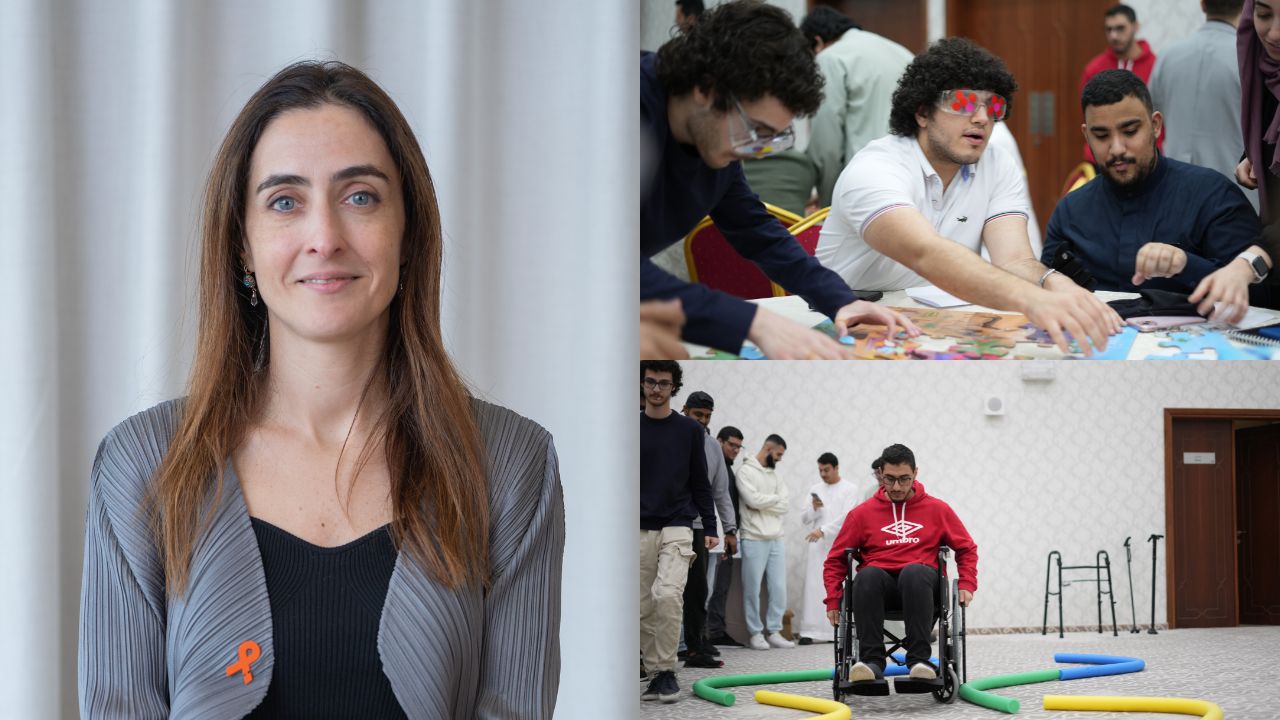
This marks a major milestone in youth-driven innovation for accessibility
The National Multiple Sclerosis Society (NMSS) has announced the winners of the first-ever Universal Design for Inclusion Program, a groundbreaking initiative empowering UAE university students to create accessible solutions for people living with multiple sclerosis and other chronic conditions.
The program brought together over 80 students across 11 campuses from six leading universities, supported by 45 faculty and industry mentors.
More than 30 design concepts were submitted, each focused on overcoming barriers in three key areas: cognitive, communication and mobility.
In the Cognitive category, the winning project was Lexy, an AI-powered tool developed by Higher Colleges of Technology Sharjah students to simplify complex text and track clarity in real time, with Arabic language support to assist those managing memory and concentration challenges.
You might also like: Saadiyat Nights returns with an amazing opening act
Ni’mah took the top spot in Communication. Designed by University of Sharjah students, this discreet smart bracelet converts emergency sounds into light and vibration alerts, offering vital support for individuals with hearing impairments.
In the Mobility category, VersaGrip by students at Dubai Institute of Design and Innovation (DIDI) wowed the judges
Inspired by Emirati jewellery, this AI-powered assistive grip device blends cultural identity with functionality to reduce stigma around assistive tech.
Maral Alexandrian, Acting Executive Director at NMSS, praised the winners, saying: “What stood out was the empathy behind these projects.”
“Universal Design does not ask us to accommodate; it challenges us to create a world that works for everyone.”
Run in partnership with Abu Dhabi University, Al Ain University, DIDI, HCT, Khalifa University, and University of Sharjah, the program included empathy workshops, mentoring and interactive sessions with people living with chronic conditions, giving students real insight into the challenges their designs aim to solve.
By embedding accessibility into innovation from the start, the Universal Design for Inclusion Program is shaping a new generation of designers ready to create a more inclusive future.
Follow Yalla for all the latest news

